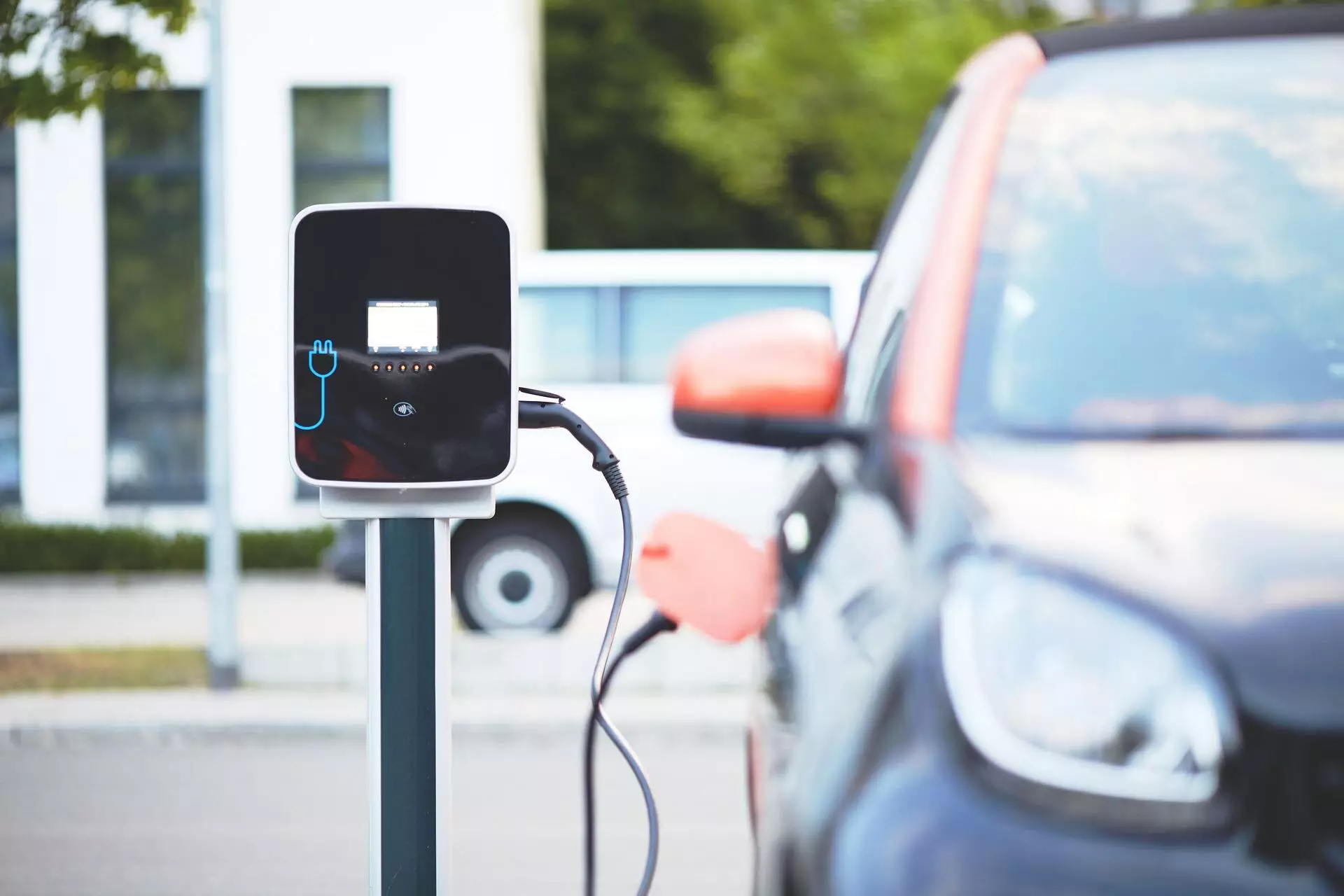As Florida braces itself for another hurricane season, the conversation around electric vehicles (EVs) and their charging infrastructure becomes increasingly pertinent. With the state’s vulnerability to extreme weather and natural disasters, the robustness of EV charging services is critical to ensure continued access during emergencies. A recent study conducted by researchers at the University of Florida sheds light on the impending need to enhance the resilience of EV charging networks, particularly in hurricane-prone regions.
Electric vehicles are not merely a trend; they represent a significant shift in how society views transportation and energy consumption. However, when natural disasters strike, the reliability of the infrastructure that supports these vehicles can be severely compromised. The University of Florida’s College of Design, Construction and Planning undertook a study, published during a peak hurricane season, that highlights the challenges faced by charging infrastructure when supply chains are disrupted and accessibility is restricted.
During extreme weather events, especially hurricanes characterized by high winds and flooding, the demand for electricity surges while the supply diminishes. In many cases, charging stations may be rendered inoperable due to physical damage or a lack of electricity, leading to a network that struggles to meet the needs of its users. Researchers such as Dr. Yan Wang are advocating for a paradigm shift in how EV infrastructure is planned and deployed.
Dr. Wang emphasizes that proactive and dynamic planning are essential to fortify charging infrastructure against unpredictable weather patterns. The research team’s efforts aim to utilize advanced modeling techniques to predict the outcomes under hypothetical scenarios, which can significantly inform disaster preparedness strategies. The crux of this investigation is centered around the understanding and improvement of how these charging networks function during adverse conditions.
Collaboration amongst experts such as Dr. Ruth Steiner and doctoral candidate Ziyi Guo has led to groundbreaking insights into the ramifications of Hurricane Ian on the Tampa Bay area’s electric vehicle charging services. They introduced a transformative strategy aimed at ensuring that charging stations can endure, respond effectively to, and recover from environmental disruptions. As found in their study, the connectivity and diversity of access to these stations play crucial roles in mitigation during crises.
One of the alarming findings from the study was the inequity inherent in the current distribution of EV charging infrastructure. It becomes evident that the most vulnerable populations—such as lower-income groups and the elderly—are disproportionately affected during weather emergencies. For instance, while a rural area may be spared from direct flooding, its residents may still face challenges if the nearest charging station is malfunctioning. Guo underscores that the implications of inadequate access extend beyond mere convenience; they can profoundly affect survival during an emergency.
This revelation prompts a call for a reevaluation of how governments and organizations approach the distribution of charging stations. Ensuring that all communities, regardless of geographic and socioeconomic disparities, have equitable access to EV infrastructure is critical for fostering a sustainable and resilient transition to electric mobility.
To combat the identified challenges, the research team has developed a counterfactual analytical framework that employs a multi-agent-based model. This model simulates the severe ramifications of worst-case hurricane scenarios on the charging infrastructure. By analyzing this data, stakeholders can engage in more informed infrastructure planning and bolster resilience.
Such anticipatory frameworks are not just applicable to Florida’s coastal communities, but can also be tailored for cities like Gainesville, where researchers aim to assess local conditions and vulnerabilities to future hurricanes. This adaptability, highlighted by Guo, presents significant advantages: should different geographical or infrastructural challenges arise, the same methodological approach can be utilized to evaluate resilience and suggest necessary improvements.
The significance of the research extends beyond just electric vehicle infrastructure. Dr. Steiner notes its versatility, indicating that the methodologies derived from this study could apply to various systems and structures that experience stress during calamitous events. Such frameworks may be employed to fortify different sectors, thereby enhancing overall community resilience in the face of climate change.
As Florida continues to face the realities of climate change and escalating hurricane threats, prioritizing resilient EV infrastructure becomes not only a technological imperative but a moral one, ensuring that every individual enjoys equitable access to necessary resources in the wake of a disaster.

